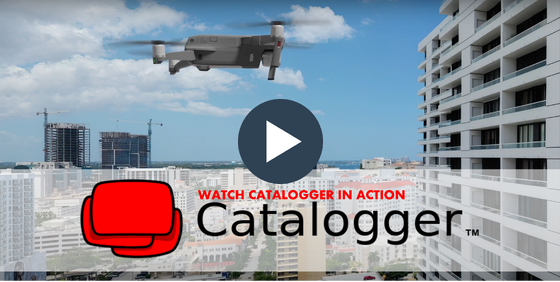3 Strategies to Keep Winter’s Wrath From Damaging Your Floors
Get ahead of any seasonal flooring concerns with a few key steps
Cold weather and all that comes with it is notoriously tough on floors. Carpet and hard floors alike bear the brunt of tracked-in moisture, debris, and ice-melting chemicals and compounds.
The exact cost of ignoring this problem is hard to pinpoint, but it tends to be higher than most facility managers expect. When the outdoors comes indoors, it can set the stage for severe issues.
Take slick spots, for instance. When some deicers mix with cleaning solutions on smooth floors, they can create occupant slip-and-fall risks. Even if they don’t leave an oily and dangerous residue, deicers like calcium chloride and magnesium chloride can damage and dull anything from polished terrazzo to shiny concrete. And nothing wears down textile fibers faster than a constant barrage of everything from ice melt to sleet-coated soil.
Is there a workaround to this winter beating? Absolutely. It just comes down to old-fashioned preparation. And this year, planning for cold weather’s wrath on interior flooring has been more important than ever.
The winter of 2021-2022 has been uniquely challenging for facility managers because the supply chain has been disrupted to such an extent that it might be difficult to get on-demand cleaning products, replacement assets, and other manufactured materials. What used to take three weeks to receive could now take three months—or longer. Plus, people don’t occupy buildings the same way they once did. Remote and hybrid working arrangements have changed the face of work and the flow of people in and out of spaces.

Knowing all these factors, facility managers can make sure they get ahead of any seasonal flooring concerns with a few key steps:
1. Map out foot traffic expectations.
As supplies might be harder to come by this winter amid supply chain and other disruptions, facility managers will want to be careful about where they allocate resources. Updating foot traffic maps is a great place to start.
Foot traffic maps from past years might now be irrelevant with today’s remote or hybrid working arrangements. This year, facility managers will want to talk with everyone from building occupants to vendors to determine which areas will be used most and when.
This type of diligence is more necessary than it might seem at first. Pre-pandemic, employees might have used conference rooms daily. Now that everyone’s gathering on Zoom, however, the same rooms might sit largely vacant. On the other hand, the extra kitchen that few people used once upon a time might be used daily now that everyone’s trying to maintain social distancing.
Some devices can help measure the density of people in any given space to give facility managers accurate, data-driven insights about where moisture and debris are coming into their buildings. Facility managers should also seek input from building occupants to get the full scope of traffic expectations. With this information in hand, facility managers can coordinate with their teams and building service contractors to set up effective and convenient cleaning rhythms.
2. Install entryway systems at active doorways.
Any building entrance people use regularly should have about 20 feet of walk-off matting and runners in a properly designed entryway system. This will prevent people from tracking in mud, particulates, and moisture.
The proper design for an entryway system includes three zones: the first should scrape shoes to remove dirt and soil, the second should scrape and absorb to remove wetness and any leftover particles, and the last should absorb to take care of any remaining moisture.
But even the most strategically placed entryway systems will fail to be effective for long if facility managers don’t prioritize maintaining them. After catching so much soil and moisture, mats and runners become saturated and can’t hold onto any more debris. Daily vacuuming will prevent saturation to maintain efficiency.
Ice melt and rock salt work well to keep parking lots and sidewalks from freezing, but they aren’t friends of flooring. Potassium chloride, magnesium chloride, and calcium chloride all affect both carpeted and hard-surface floors. For example, floors coated with polyurethane finishes may take on slippery oily sheens or stains when exposed to ice melt for long periods. Even if the ice melt dries, it can leave a film that attracts dirt.
Facility managers might not have a say in what type of deicer is used outside, but they can test how chemicals in different products react to their buildings’ floor surfaces. Testing in inconspicuous places during lower traffic times can give facility managers a better understanding of how to keep floors consistently clean and safe through the winter.
Snow, sleet, ice, and chemicals can cause serious and even dangerous issues. But these problems are avoidable with the proper level of foresight. Facility managers should always plan ahead to protect their floors and their building occupants through the winter.
Tags:
Flooring Cleaning & Protecting









 Every facility, be it a
Every facility, be it a 









